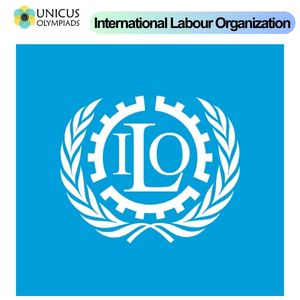

The International Labour Organization (ILO) is the primary global body that sets labour standards and protects workers' rights around the world. Established in 1919 as part of the Treaty of Versailles, the ILO is a specialized agency of the United Nations (UN) that works to promote social justice and fair labour practices globally. Its main objective is to ensure that all people, regardless of where they live, work in safe conditions, earn a fair wage, and are treated with dignity and respect.
The International Labour Organization (ILO) is the only United Nations agency that deals with labour issues, specifically international labour standards and the promotion of social protection and rights at work. The ILO brings together governments, employers, and workers to establish policies and programmes that advance social and economic justice.

The ILO develops and adopts international labour standards in the form of conventions and recommendations. These instruments are created through a tripartite process, where representatives from governments, employers, and workers’ organizations come together to negotiate and develop these standards.
The ILO plays a crucial role in advocating for and protecting workers' rights worldwide, especially in areas where workers face exploitation and abuse. By setting labour standards and promoting decent work, the ILO works to ensure that all individuals can work in conditions that respect their dignity and rights.